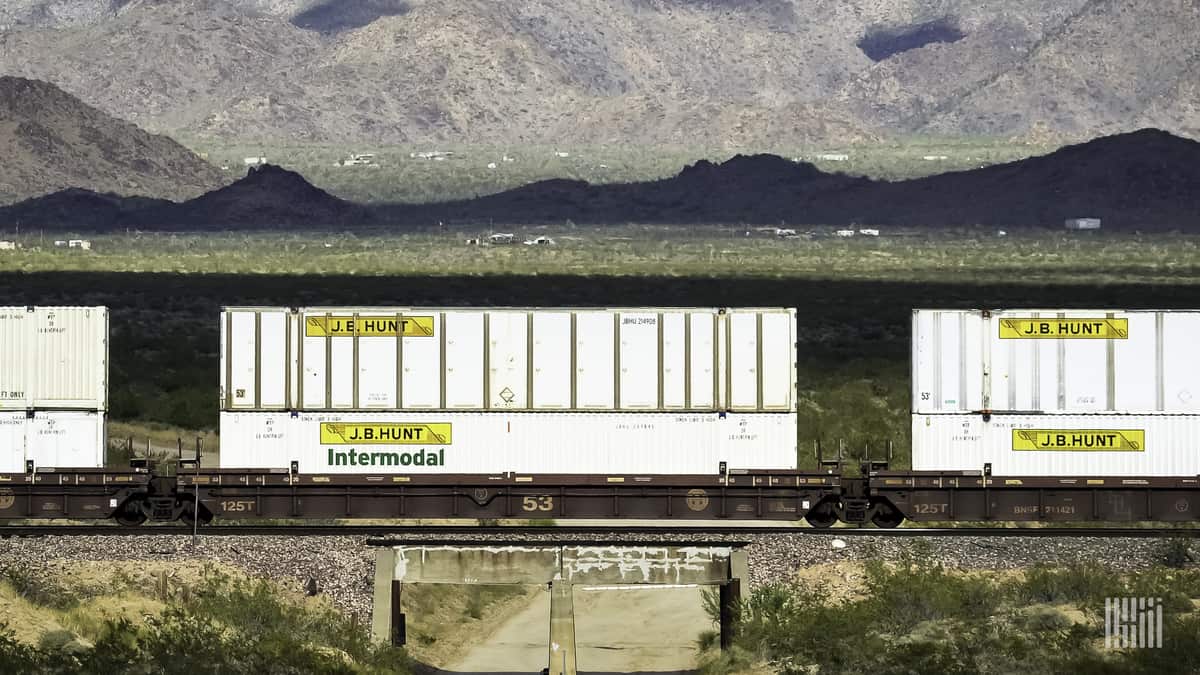[fusion_builder_container hundred_percent="no" equal_height_columns="no" menu_anchor="" hide_on_mobile="small-visibility,medium-visibility,large-visibility" class="" id="" background_color="" background_image="" background_position="center center" background_repeat="no-repeat" fade="no" background_parallax="none" parallax_speed="0.3" video_mp4="" video_webm="" video_ogv="" video_url="" video_aspect_ratio="16:9" video_loop="yes" video_mute="yes" overlay_color="" video_preview_image="" border_size="" border_color="" border_style="solid" padding_top="" padding_bottom="" padding_left="" padding_right=""][fusion_builder_row][fusion_builder_column type="1_1" layout="1_1" background_position="left top" background_color="" border_size="" border_color="" border_style="solid" border_position="all" spacing="yes" background_image="" background_repeat="no-repeat" padding_top="" padding_right="" padding_bottom="" padding_left="" margin_top="0px" margin_bottom="0px" class="" id="" animation_type="" animation_speed="0.3" animation_direction="left" hide_on_mobile="small-visibility,medium-visibility,large-visibility" center_content="no" last="no" min_height="" hover_type="none" link=""][fusion_text]
Guidance from the largest containership line in the world suggests that the volume recovery in containerized global trade will take longer than perhaps some expected.
Maersk, the Danish shipping giant, reported its Q1 results this morning and said that not only would East-West trade lanes be negatively impacted by COVID-19-related shutdowns going into the second quarter, but lower volumes will likely persist for quarters to come.
The volume downturn is significant enough to force Maersk to lower its capital expenditures in order to rationalize new capacity to a lower volume environment. Maersk said that it cut capex in Q1 and would continue to do so “in the remainder of the year.”
“We continue to support our customers in keeping their supply chains running; however as global demand continues to be significantly affected, we expect volumes in Q2 to decrease across all businesses, possibly by as much as 20-25%,” said Søren Skou, Maersk CEO, in a statement.
Certainly customs imports to the United States have fallen sharply from their temporary snap-back at the end of April. Meanwhile, truckload demand in the U.S. appeared to have bottomed on April 16; if that trend holds then we should expect fewer blank sailings going forward.
Members Only
You have selected content that's only available to members of FreightWaves Passport. As a member, you gain immediate access to the most in-depth and informative freight research available. It's your gateway to continuing education.
Members also get:
- Access to exclusive community dedicated to discussing the most important challenges facing freight.
- Monthly and Quarterly Freight Market reports keeping you informed of industry trends.
- Much, much more!
Click below to learn more and sign up today!
Subscribe
Existing Passport subscribers may log in using the form below.





